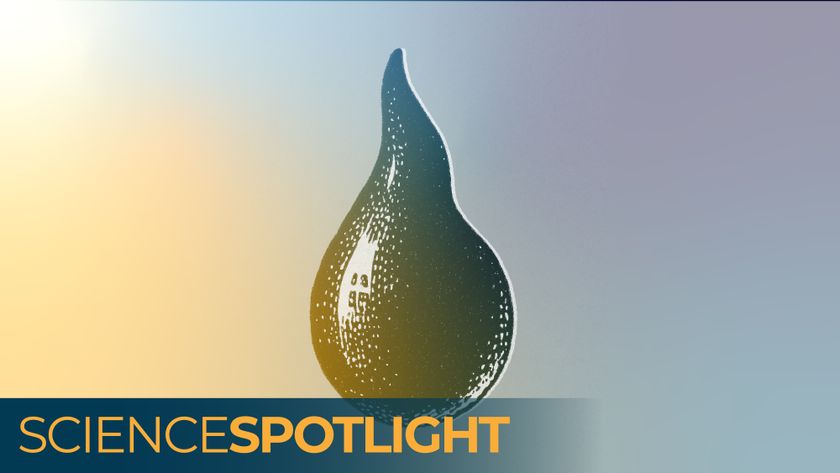Study Helps Explain Common Kidney Cancer
Scientists have discovered master genes and other genes that together help explain much of the biology of renal cell carcinoma (ccRCC), a common and difficult-to-treat kidney cancer.
The scientists examined the expression of every human gene in clear cell renal cell carcinoma (ccRCC) cells compared to normal kidney cells. They found a biological pathway signature of ccRCC for a group of altered genes that give this distinct cancer its "clear cell" appearance, plus other genes that confer stem cell-like properties to the cancer, and a set of master genes lost in ccRCC that they believe likely pushes initial development of the cancer.
"Understanding these genes and the pathways they regulate could provide valuable insight into how to treat ccRCC," said Mayo Clinic researcher Dr. Han W. Tun, lead author of a report on the findings in the May 18 issue of the the journal PLoS ONE.
This cancer makes up 80 percent of all kidney cancer and is often resistant to both chemotherapy and radiation treatment, Tun said. It accounts for just 3 percent of all cancers in the United States, but is the sixth leading cause of cancer death.
"Up until this point, ccRCC was largely a mystery, but now we have new and exciting clues that seem to reveal the origin and development of this cancer," said study team member John Copland, a cancer biologist at the Mayo Clinic.
The researchers found that 13,729 genes had altered expression in the cancer — a figure Copland calls "just astounding, especially in trying to develop new treatments and in understanding the causes of kidney cancer." They used novel software that grouped these genes into meaningful biological pathways — which helped them discover master genes. Each of these master genes regulates hundreds of "downstream" genes.
The study could help researchers develop better treatments that would involved trying to regulate the behavior of certain genes.
Sign up for the Live Science daily newsletter now
Get the world’s most fascinating discoveries delivered straight to your inbox.
- More Cancer News












